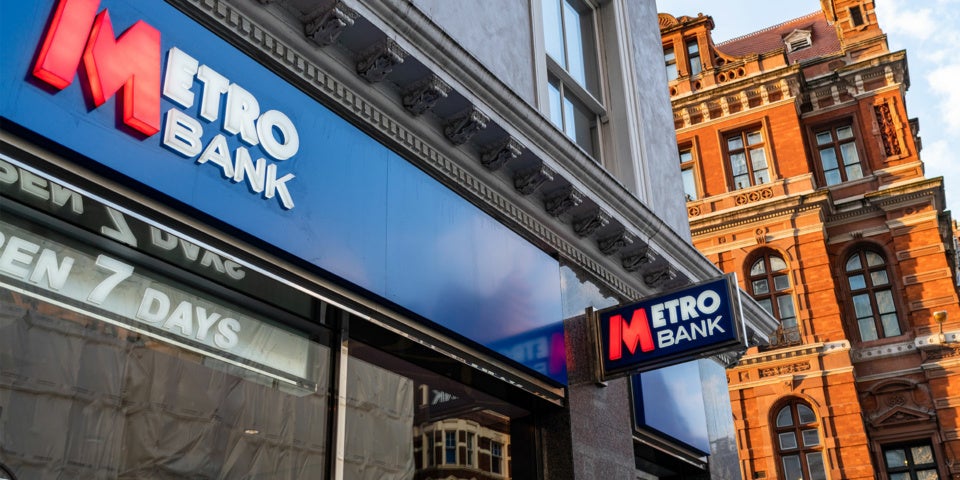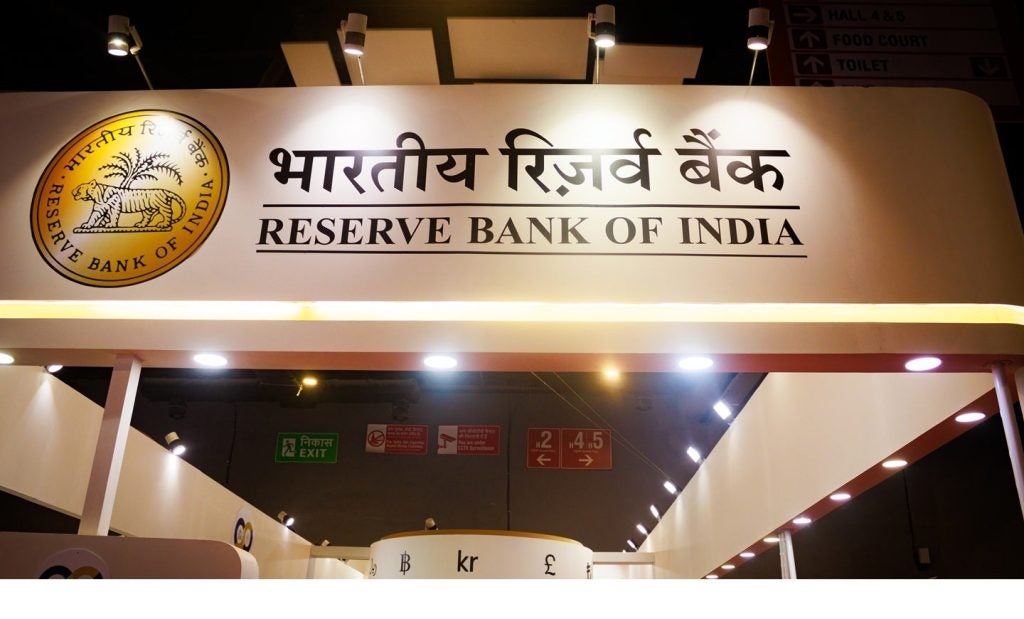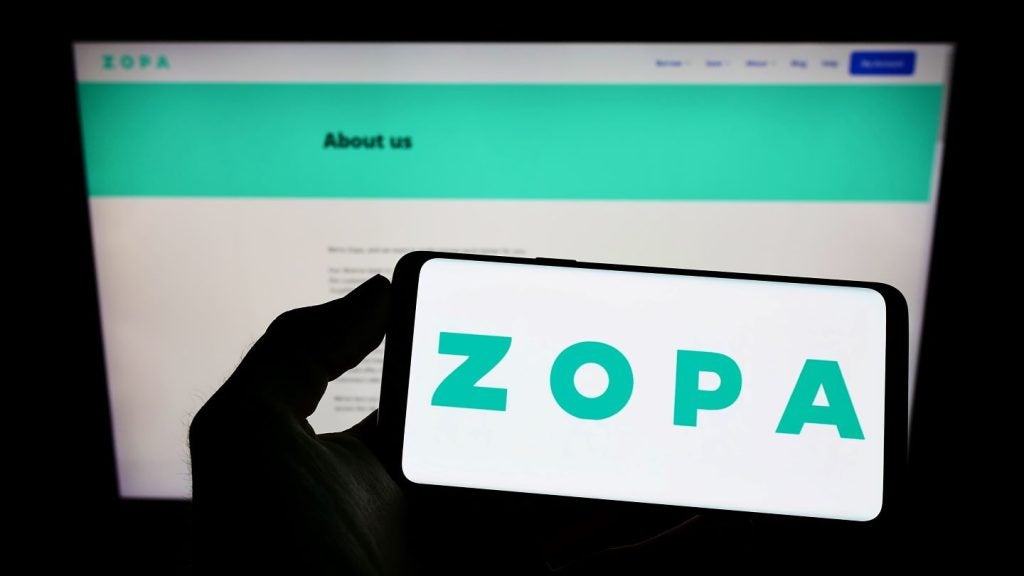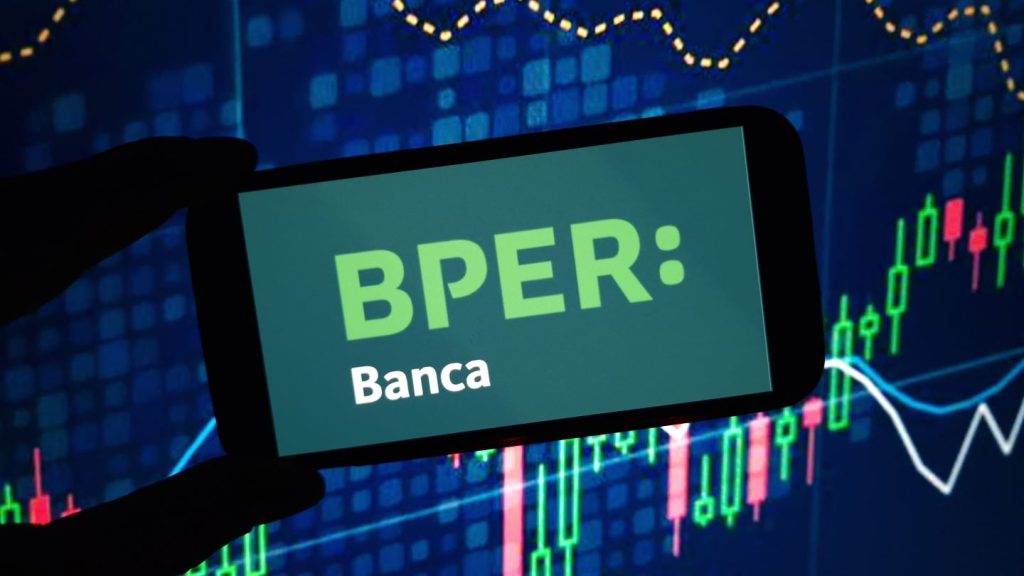
Nearly 13,000 Metro bank customers are set to receive more than £10.5m in refund after the bank failed to warn them about charges it imposed on unarranged overdraft.
The London-based challenger bank has pledged to make the refund for failing to send timely text messages warning customers about unarranged overdraft charges, as required under a legal order.
The order in question is Part 6 of the Competition and Market Authority’s (CMA) Retail Banking Market Investigation Order 2017. It requires banks to ensure that customers with personal current accounts receive a text alert warning about charges before banks charge them for unarranged overdrafts.
It is designed to give customers time to act and can avoid unexpected fees. Unarranged overdrafts or unauthorised overdrafts are not pre-agreed.
This may be because the customer does not have an arranged overdraft at all, or has gone over the arranged overdraft limit. The bank or building society may still honour the payments, although they will probably charge a fee for doing so
In this case, Metro Bank customers were charged £10 for each payment that took them into an unarranged overdraft, with a maximum of £60 being charged in any month.

US Tariffs are shifting - will you react or anticipate?
Don’t let policy changes catch you off guard. Stay proactive with real-time data and expert analysis.
By GlobalDataWarning was late and incomplete
The bank did send text alerts. However, they were sent late and did not inform customers that they would be charged. This breach started in February 2018, when the order was introduced.
David Thomasson, chief commercial officer at Metro Bank, said:
“We are very sorry that we didn’t include all the information we should have done on our overdraft text alerts, and that on certain occasions some customers did not receive these alerts before 10am as they should have done.”
“This isn’t the level of service that we pride ourselves on providing and we are now contacting any customers who have been impacted to put things right for them as quickly as possible,” he added.
In addition to refunding the £10.5m in fees, Metro Bank has offered to pay back 8% interest on the charges bringing the expected total remuneration to around £11.4 million.
It will also consider reasonable claims for extra costs incurred by affected customers.
Putting it right
Adam Land, CMA senior director for Remedies, Business and Financial Analysis, said:
“The text alerts we ordered banks to send to customers have been crucial in helping people avoid unexpected fees from entering an unarranged overdraft.”
“While it is disappointing to see so many customers being charged wrongly, Metro Bank’s commitment to refund those affected – and to cover interest charges and consider claims for extra costs suffered will put this right,” he added.
Several banks have been found to breach overdraft rules and just last year, HSBC and Santander were ordered to refund millions of pounds to customers.
Beware of scams
Metro Bank has warned customers to be wary of scams.
If someone contacts you claiming to be from Metro Bank or another organisation and asks for your bank details to send you a refund, it is a scam.
Hang up immediately or do not reply to any correspondence asking for those details. The Bank is asking customers to report any suspicious calls or emails to 0345 08 08 500.







